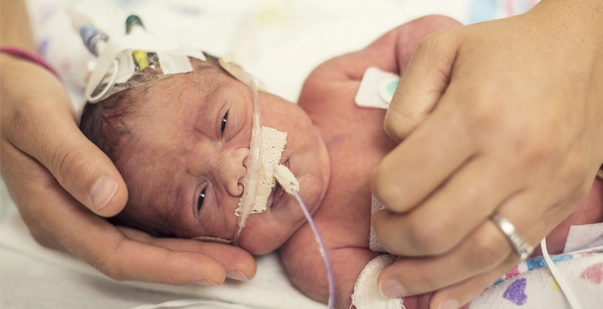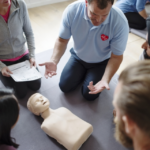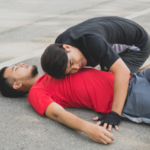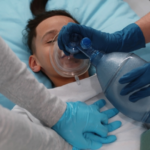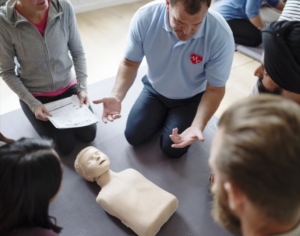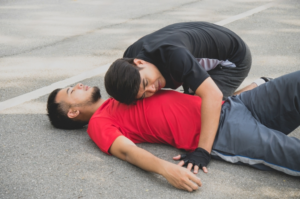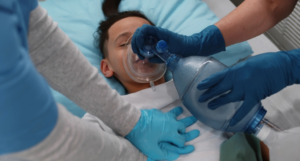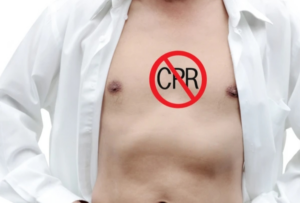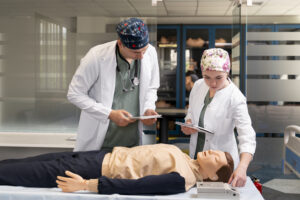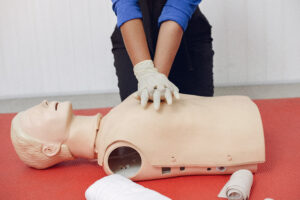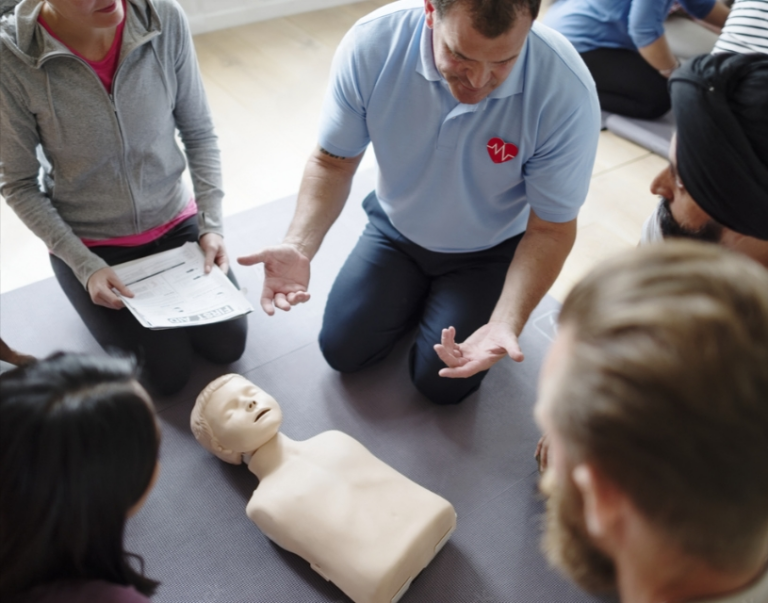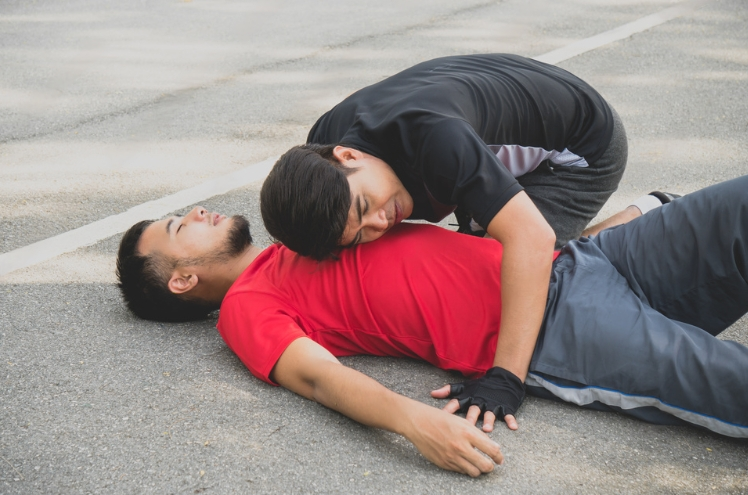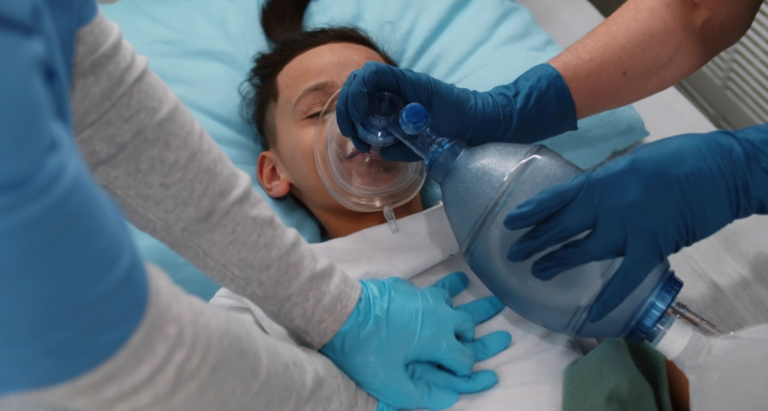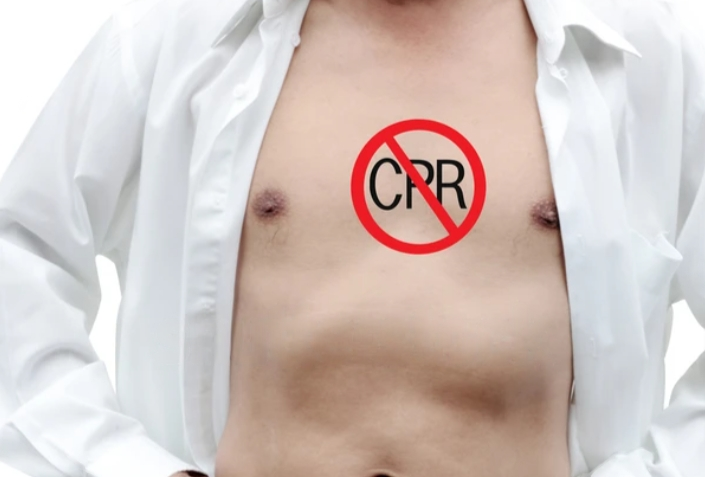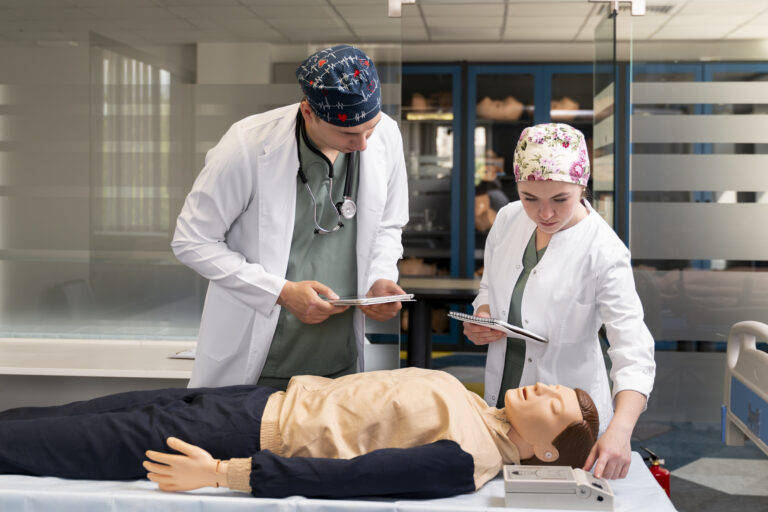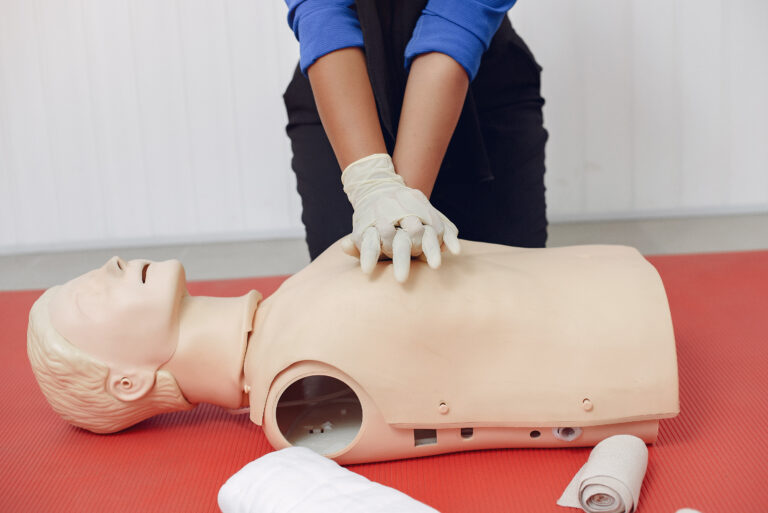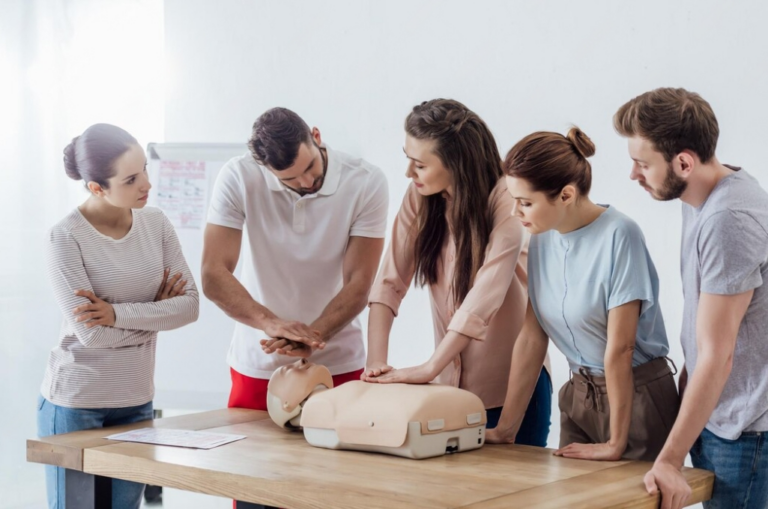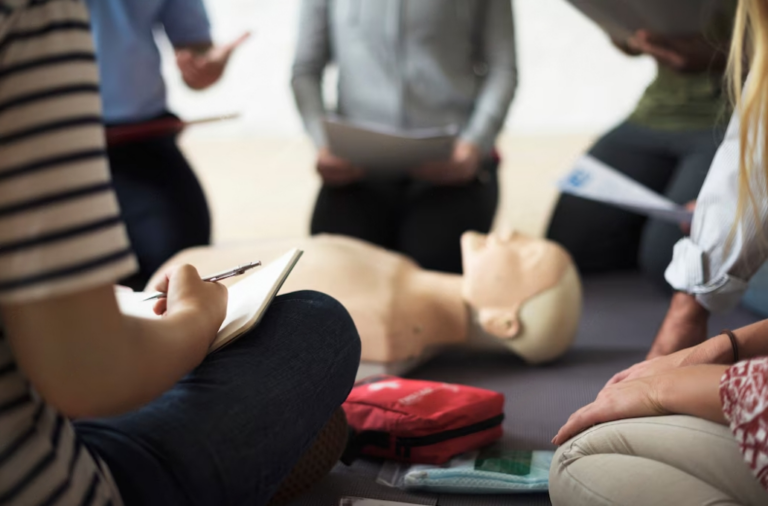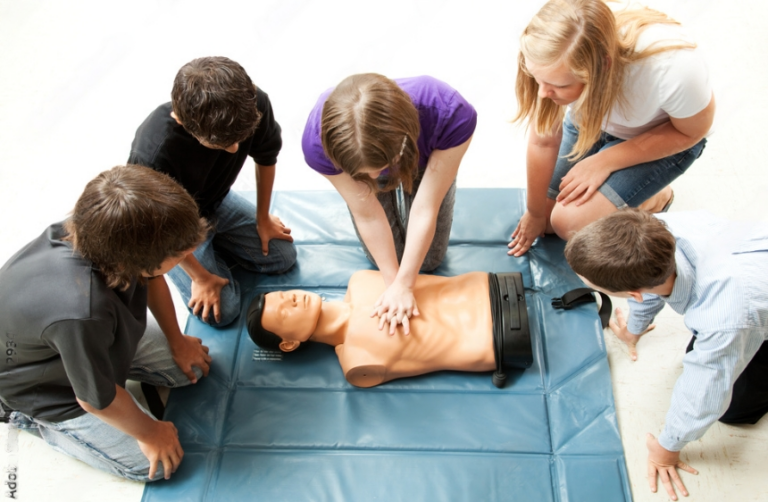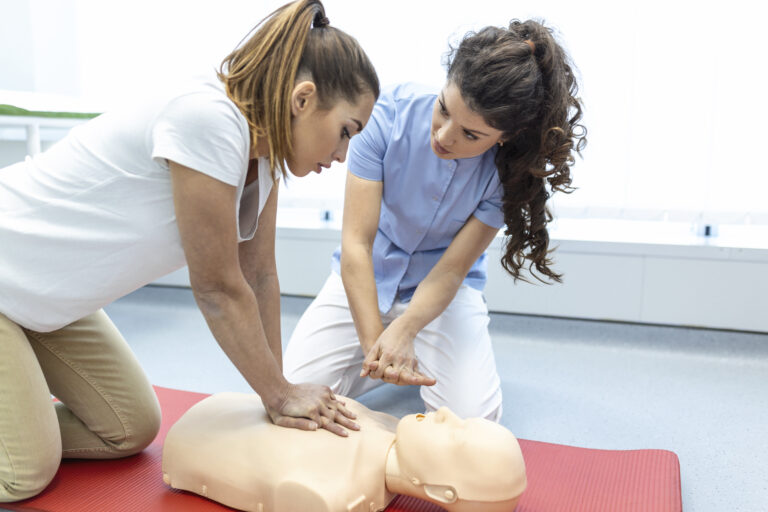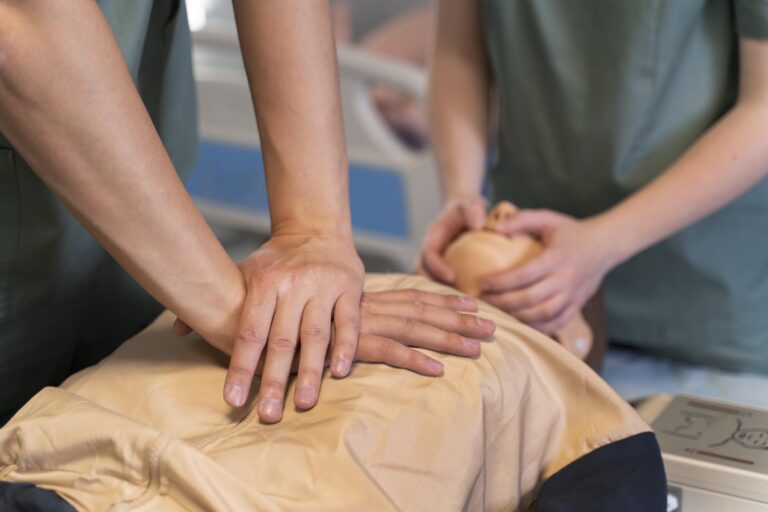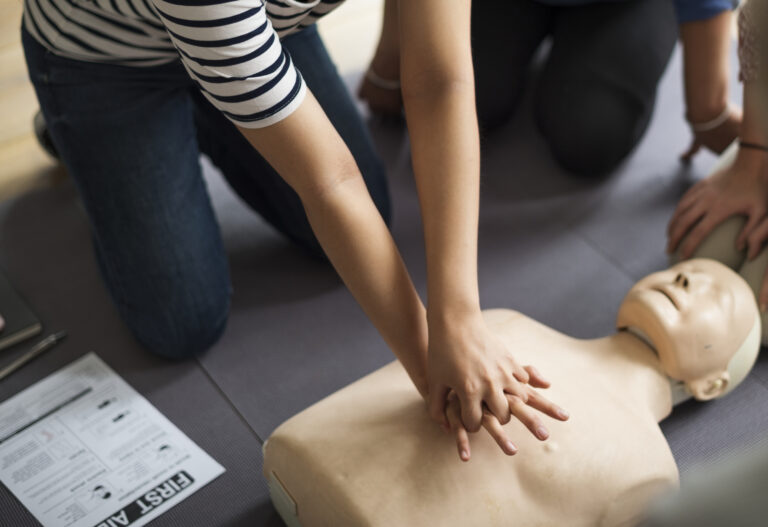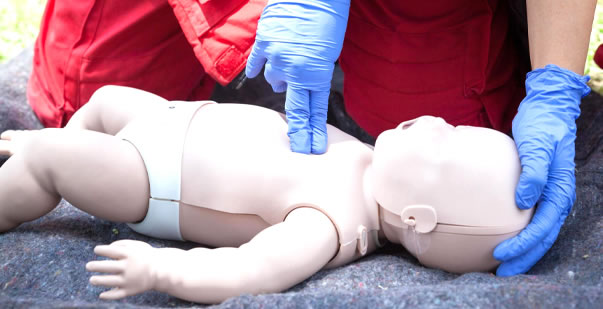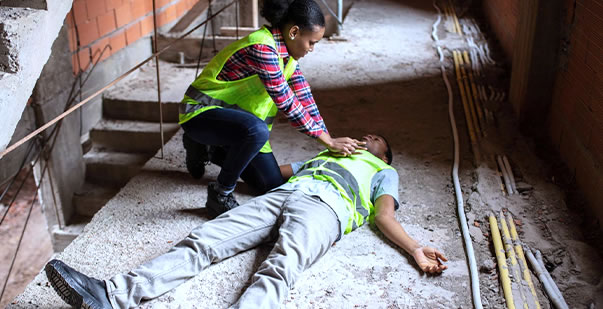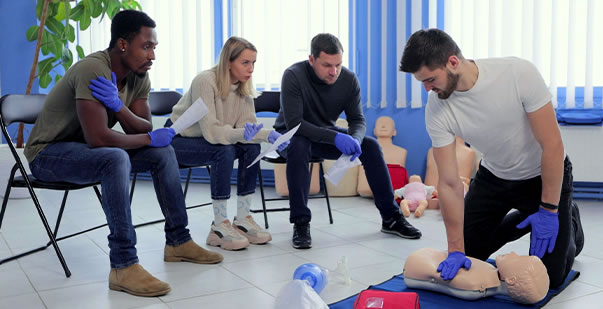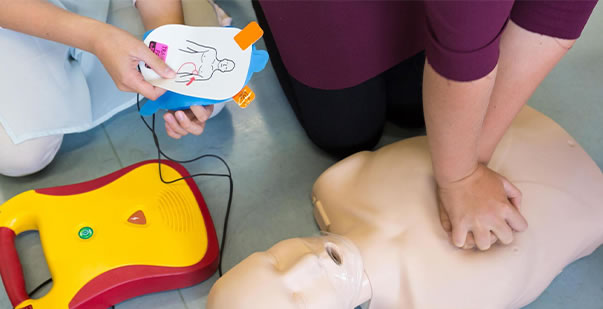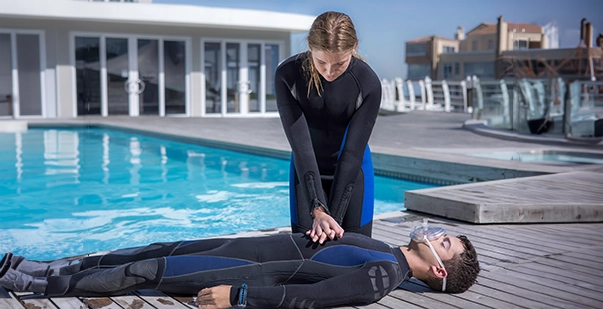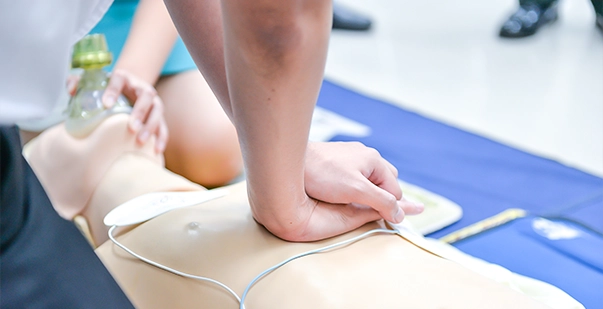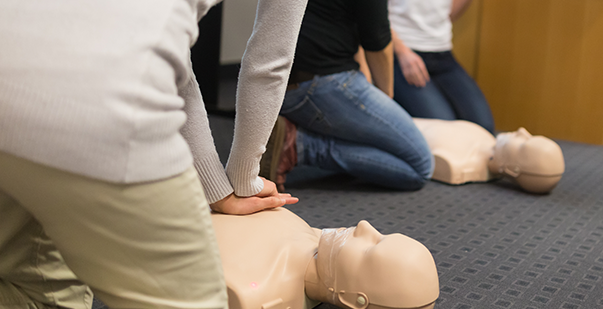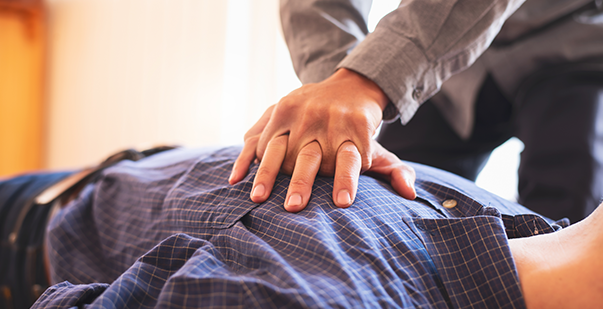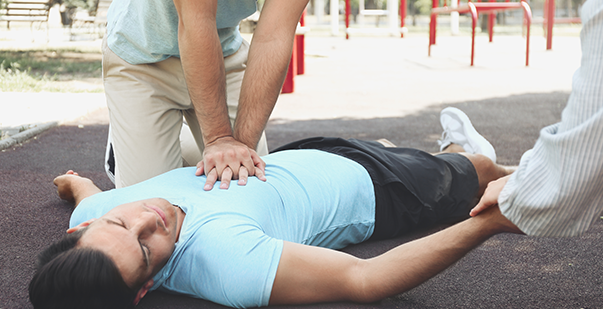Did you know that pediatric emergencies account for over a third of visits to the ER? Children who are ill or injured make up a distinctive demographic. They need specialized attention. The treatment of adults and the emergency medical care of children differ greatly.
Symptoms for diseases and conditions are modest in children. As they become older, their respiration, pulse and other vital signs also shift. The majority of crises fall into one of four broad categories:
- respiratory difficulties
- stomach upsets
- wounds
- infections
Children may also experience chronic illnesses. This increases their risk of illness, exposure to environmental hazards (such as chemicals or drowning), or both.
All of these issues are handled in emergency rooms by trained pediatric healthcare professionals. The online PALS certification from American HealthCare Academy prepares them for emergencies in the best possible manner. Their PALS certification is an online course that is flexible and can be accommodated in their busy schedules. This allows them to upskill themselves without taking a day off from rescuing little lives.
How to Recognize and Manage Critical Conditions Before They Escalate?
Recognizing pediatric emergencies is crucial for parents, caregivers, and healthcare providers. It ensures prompt and appropriate medical attention. Managing critical medical conditions in children before they escalate is crucial. Here are some tips to help manage critical medical conditions in children:
- Know the signs and symptoms of critical medical conditions: Familiarize yourself with the signs and symptoms of critical medical conditions in children. This includes:
- difficulty breathing
- chest pain
- severe bleeding
- loss of consciousness
- seizures
- head injuries
- poisoning
- high fever
- severe dehydration
- allergic reactions
- Act quickly: Time is of the essence when it comes to managing critical medical conditions in children. If you suspect that your child is experiencing a medical emergency, call 911. It’s important to seek emergency medical attention immediately.
- Stay calm: It’s important to remain calm and focused during a medical emergency. This can help you make clear decisions and communicate effectively with medical professionals.
- Follow medical instructions: It’s critical to follow the instructions of medical professionals. This may include administering medications, providing first aid, or following specific treatment protocols.
- Keep a record of your child’s medical history: Keep a record of your child’s medical history to help healthcare professionals: It includes
- any chronic conditions
- medications
- allergies
- Attend regular medical check-ups: Regular medical check-ups can help detect and manage medical conditions before they become critical.
Types of medical emergencies in children
Some common types of medical emergencies in children include:
- Difficult breathing: Watch for the following signs of distressed breathing:
- rapid breathing
- wheezing
- grunting
- flaring nostrils.
- Chest pain: Chest pain or discomfort is a cause for concern. Particularly if it’s accompanied by shortness of breath or dizziness.
- Severe bleeding: Significant blood loss can occur from an injury or other medical condition. It requires immediate medical attention.
- Loss of consciousness: If a child suddenly loses consciousness, it’s important to seek medical attention immediately.
- Seizures: Seizures in children can be a sign of a serious medical condition. This needs prompt medical attention.
- Head injuries: Head injuries can cause swelling, bleeding, or other serious complications. They should be evaluated by a medical professional without delay.
- Poisoning: If a child has ingested a potentially toxic substance, call Poison Control immediately. Follow their instructions.
- High fever: A high fever in a child can be a sign of a serious illness, particularly if it lasts for more than a few days.
- Severe dehydration: Dehydration can occur in children quickly. It can be life-threatening if left untreated.
- Allergic reactions: Severe allergic reactions can be life-threatening, and require immediate medical attention.
How does the PALS online certification course make a difference?
The PALS online certification course can make a significant difference for pediatric healthcare providers. Here are some ways that PALS online certification can make a difference:
Increased knowledge and skills
PALS online certification course provides healthcare professionals with in-depth knowledge. They learn skills in recognizing and managing critical medical conditions in pediatric patients. This includes knowledge of pharmacology, airway management, defibrillation, and team dynamics.
Improved patient outcomes
PALS online certification enhances knowledge and skills. Healthcare providers who complete this certification course can provide more effective and efficient care to pediatric patients. It results in improved patient outcomes.
Enhanced confidence
The PALS online certification course can help healthcare providers in a great way. They feel more confident in their ability to recognize and manage critical medical conditions in pediatric patients. It improves their ability to respond quickly and effectively in emergencies.
Compliance with regulatory requirements
Many healthcare facilities and organizations need PALS certification. It is necessary to comply with the regulatory requirements.
Flexible learning
PALS online certification course is flexible. It allows healthcare providers to complete the course at their own pace. They can do it from anywhere with internet access.
Conclusion
The PALS online certification course can make a significant difference in the knowledge, skills, and confidence of pediatric healthcare providers. It can also improve patient outcomes and help healthcare providers comply with regulatory requirements.

